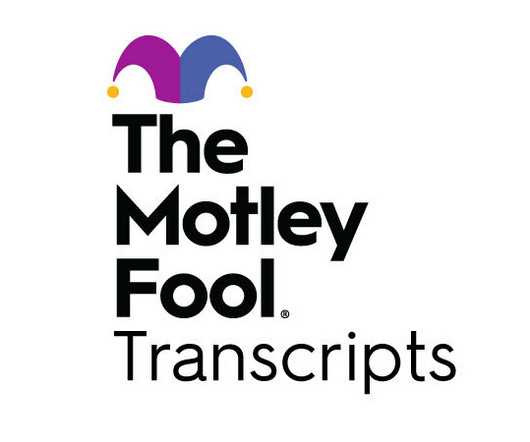Could Investing in This Technology Stock Make You a Millionaire?
The Motley Fool
JANUARY 10, 2024
Real estate technology company Redfin (NASDAQ: RDFN) was a massive winner in 2023, but is still well below its 2021 highs, reached when the real estate market was booming. Two other big reasons to take a closer look In addition to the long-tailed catalyst of fee disruption, there are a few other things to keep in mind.












Let's personalize your content